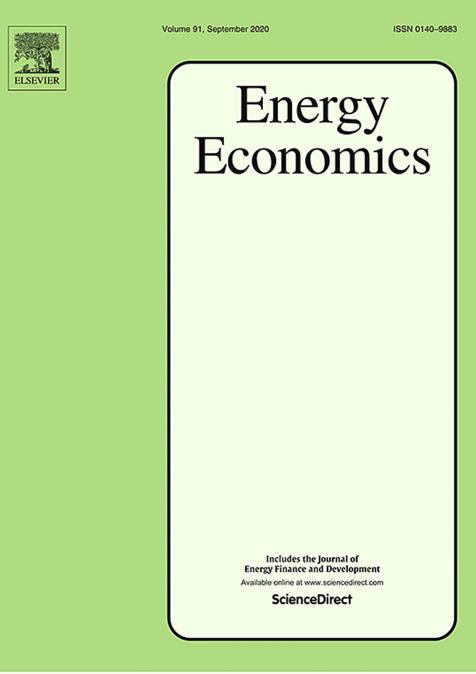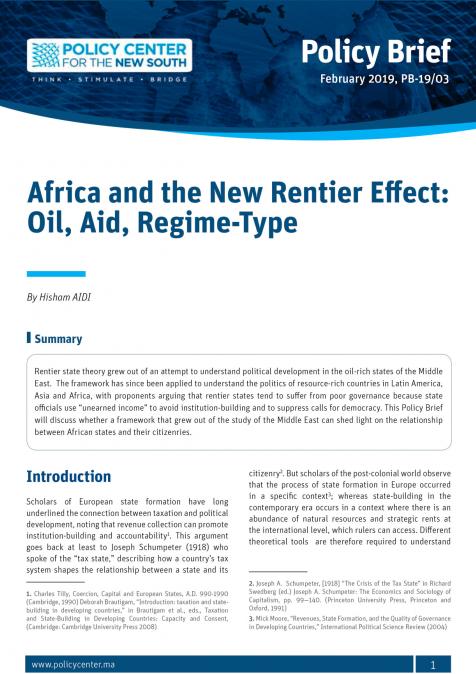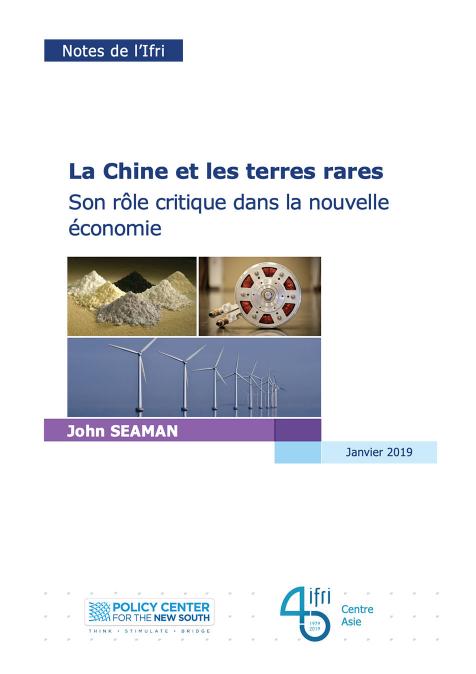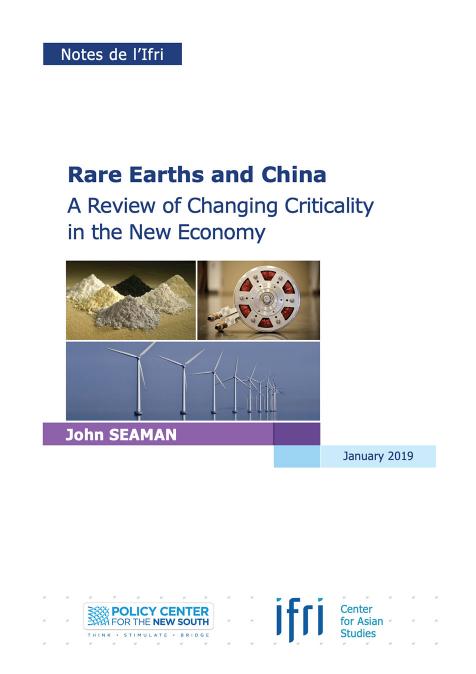Podcasts
Marché des matières premières : vers une nouvelle ère ?
02
June
2016
Related topics:
Ce podcast est délivré par Pierre-Noel Girauld. Il est Professeur d’économie à Mines ParisTech et à Paris Dauphine. Membre fondateur de l’Académie des Technologies, membre du Conseil Scientifique d’EDF et d’Orange et membre du Conseil d’Areva NC.









